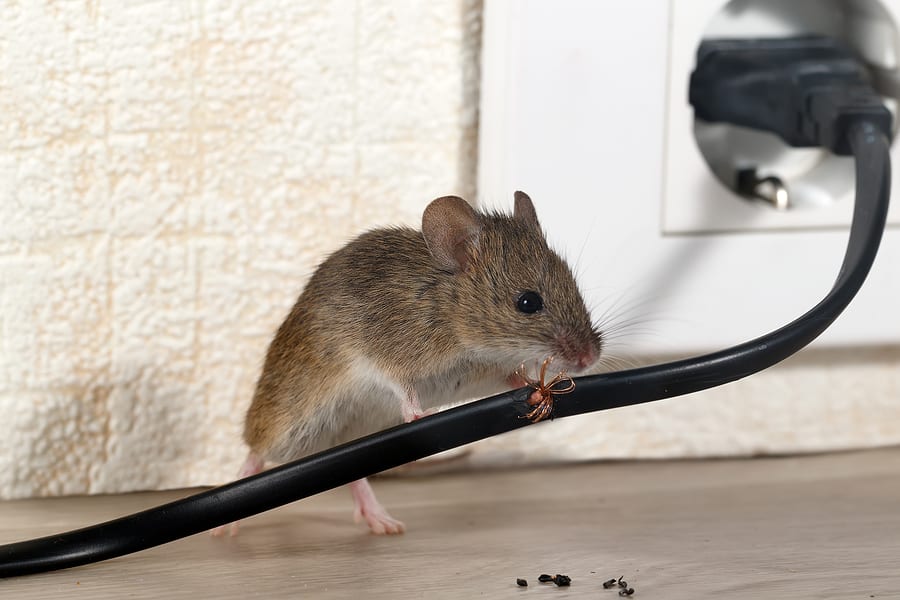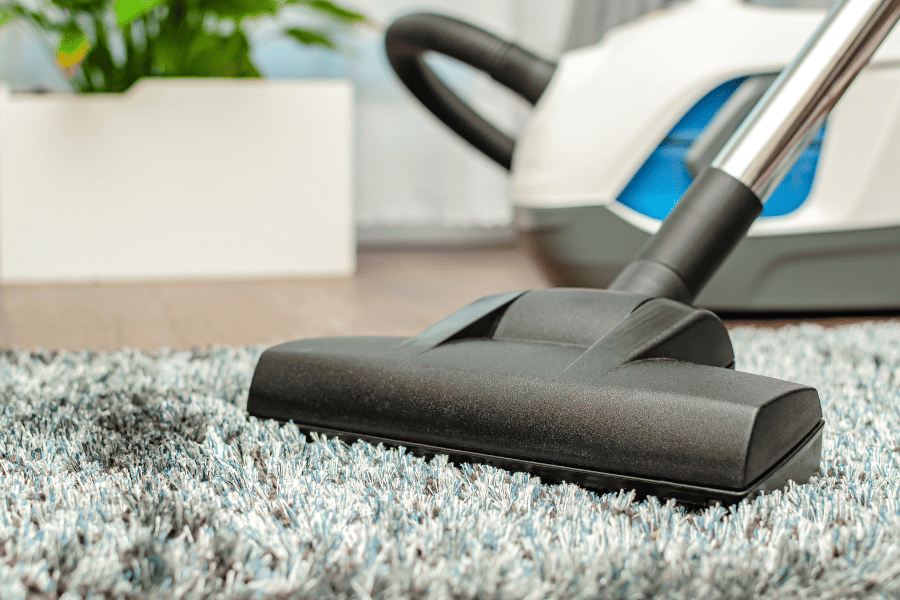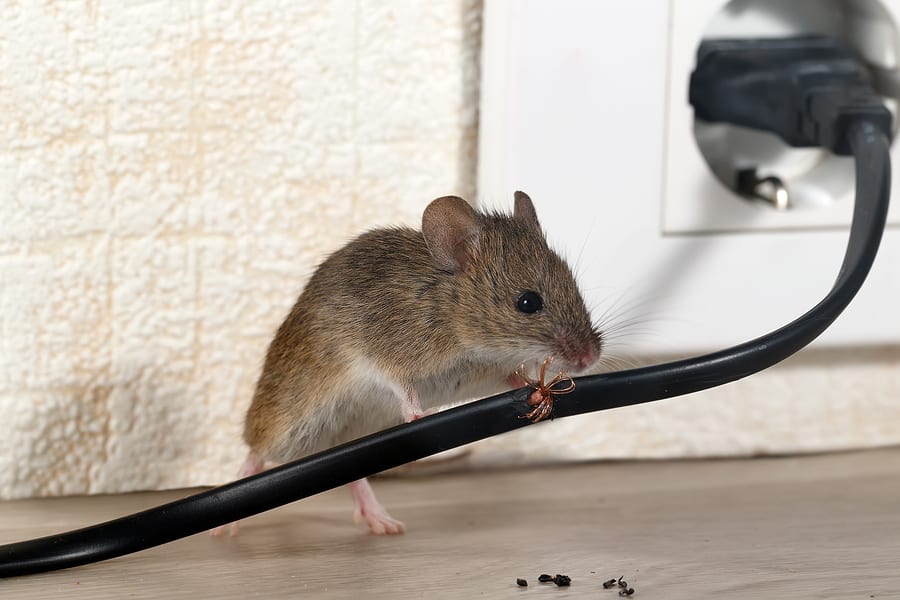READY TO GET STARTED?
REQUEST A FREE ESTIMATE
Fill out the form below or call (888) 466-7849 for a free, no-obligation estimate.

Rodents, including rats, mice, and squirrels, look indoors for a place to nest and food. Once these wildlife creatures get inside your Florida home, they can wreak havoc, destroying insulation, chewing electrical wires, and contaminating food. Prevention is critical when it comes to protecting your home against rodents, especially as the weather cools down and they begin looking indoors for shelter. Check out our rodent prevention tips below.

Your yard is the first defense against rodents, making it essential to place outdoor preventative measures to deter them away. Consider these DIY tips:

Your home can provide the perfect place for rodents to inhabit, so removing those attractants from inside your home will help keep these creatures out. You can do this by:
If you suspect rodents are inside your home, it’s important to reach out to your professional pest control company. These professionals will be able to inspect and identify the rodent that’s invaded your property. They will also be able to safely remove these creatures, identify areas of entry, and provide a rodent control and prevention plan for your home to avoid further infestations.

While rodents will typically infest your home during the colder months of the year, it is still possible for these pests to be found inside the home during the warmer months too. If a rodent, like a mouse or rat, is found inside a house during spring and summer months, it’s likely that they’ve been there since winter! Rodents can cause expensive damage to your property. Learning some common signs of rodents in your home is the first step in identifying an infestation and establishing a rodent control plan.
One of the most common and telling signs that a rodent is in your home is finding their droppings. Measuring around 1/8 to ¼” long, droppings are left behind in places where food is stored, such as the kitchen and pantries. Rodent feces can be dangerous as it can carry harmful bacteria and transmit dangerous diseases such as salmonella. When looking for these droppings, make sure to check under the sink, in pantries, in cabinets, along baseboards, and on top of wall beams.
Mice and rats are always in search of food and water and will often chew their way to it. Both rodents can cause serious damage by chewing through materials found throughout the house, such as plastic and lead pipes. House mice and Norway rats are known to gnaw on wires that are behind walls, causing the dangerous risk of a fire. Check throughout the house for any suspicious chewing marks on wires, pipes, or even plastic containers as these can be an indication that a rodent is inside your home.
Hearing strange noises at night is always concerning, but it’s also a common indicator that rodents have made their way inside. These pests are typically active during the night and, if inside, hearing them scurry around the house is common. Rodents usually prefer dark, secluded spots to build their nests, such as in attics or in between walls. Checking these areas could give you the answer on whether rodents have been infesting!
If you suspect a rodent infestation in your house, contact your local pest control company who can safely remove them from your home.